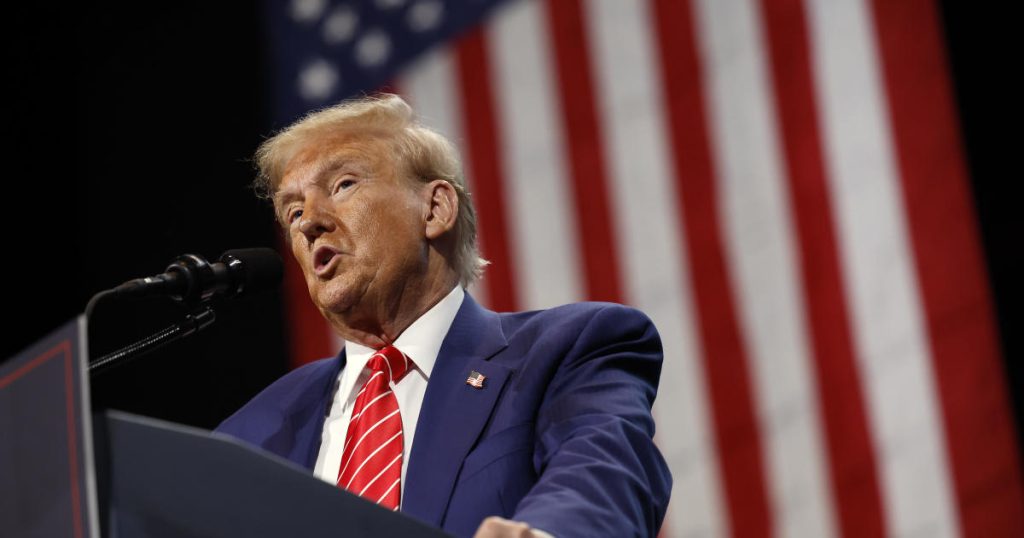Judge Tanya Chutkan denied former President Donald Trump’s request to delay the unsealing of court records and exhibits in a 2020 election interference case. She emphasized the importance of public access to criminal court proceedings and stated that Trump’s arguments for keeping the material sealed were not persuasive. The evidence submitted by the government would be released the next day, with certain information redacted to protect sensitive materials.
After Trump opposed further disclosures, Chutkan allowed special counsel Jack Smith to file the appendix with redactions on the public docket. She granted Trump a seven-day hold on her decision to explore litigation options. The appendix likely contains transcripts of grand jury testimony and FBI interviews, subject to a protective order issued at the start of the case. Trump’s lawyers argued against any additional disclosures, claiming that it could interfere with the election process. Chutkan rejected this argument, stating that withholding information based on potential political consequences could be seen as election interference.
In a separate order, the court would place the redacted appendix on the public docket the following day. The case against Trump was revived in August after the Supreme Court ruled that former presidents are entitled to some immunity from criminal charges related to official acts during their term. Prosecutors sought a new indictment with a narrower set of allegations following the court’s decision. Trump had initially been charged in August 2023 with four counts related to a scheme to subvert the transfer of power after the 2020 election. He pleaded not guilty, and his lawyers are now arguing whether the conduct alleged in the new indictment is protected by presidential immunity.
The Supreme Court’s ruling regarding presidential immunity has led to ongoing debates in the case against Trump. Chutkan would ultimately decide whether the alleged conduct in the indictment is protected by presidential immunity. Trump’s legal team plans to seek dismissal of the case based on immunity and other grounds. The court’s conservative majority had limited prosecutors from using interactions between Trump and Justice Department officials as evidence. The case continues to unfold as both sides present arguments and evidence in court hearings.
The release of the court records and exhibits in the election interference case has been a point of contention between Trump and the special counsel. Chutkan’s rulings have emphasized the importance of public access to legal proceedings and have rejected arguments that prioritized political considerations. As the case moves forward, the court will continue to make decisions based on legal principles rather than potential political implications. Trump’s legal battles regarding the allegations of election interference and potential immunity protections remain a focal point of the ongoing legal proceedings.


